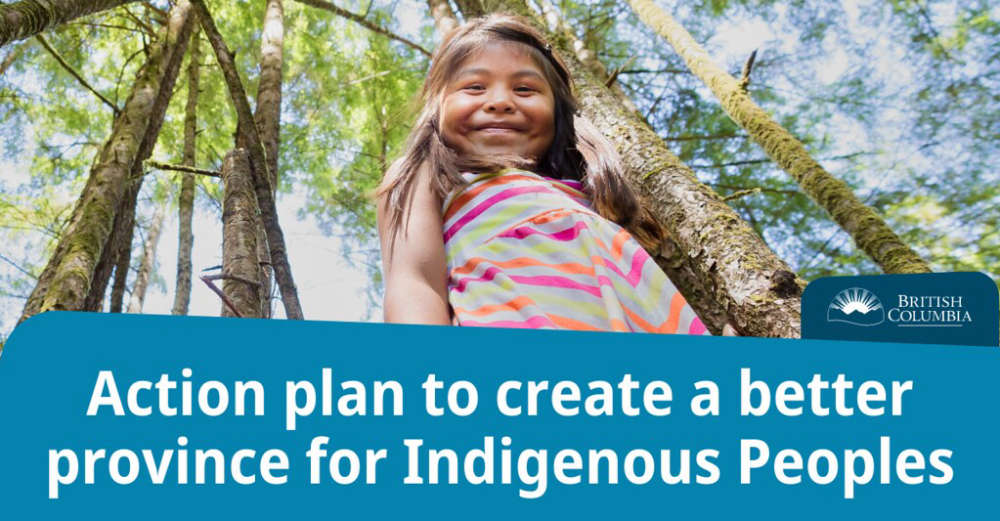
The province has unveiled a five-year, 89-point action plan to advance the United Nations Declaration on the Rights of Indigenous Peoples, which became legislation in B.C. over two years ago.
The province has unveiled a five-year, 89-point action plan to advance the United Nations Declaration on the Rights of Indigenous Peoples, which became legislation in B.C. over two years ago.
Hailed as historic by government and Indigenous leaders speaking at its unveiling, the plan outlines a list of "significant actions" the province is promising to undertake in consultation and cooperation with Indigenous Peoples.
The 89 actions address a wide range of issues, including governance, land and water stewardship, salmon, education, anti-indigenous racism, child welfare, policing and justice, data collection, health care, sport and recreation, Indigenous languages, climate change, B.C. place names, cannabis policy and high-speed internet access.
Each of the 89 actions notes which provincial ministry is responsible for its implementation.
Premier John Horgan called the plan a roadmap to do "what has never been done on planet Earth before."
When the Declaration on the Rights of Indigenous Peoples Act was passed unanimously by the legislative assembly in 2019, B.C. became the first jurisdiction in North America to adopt the act.
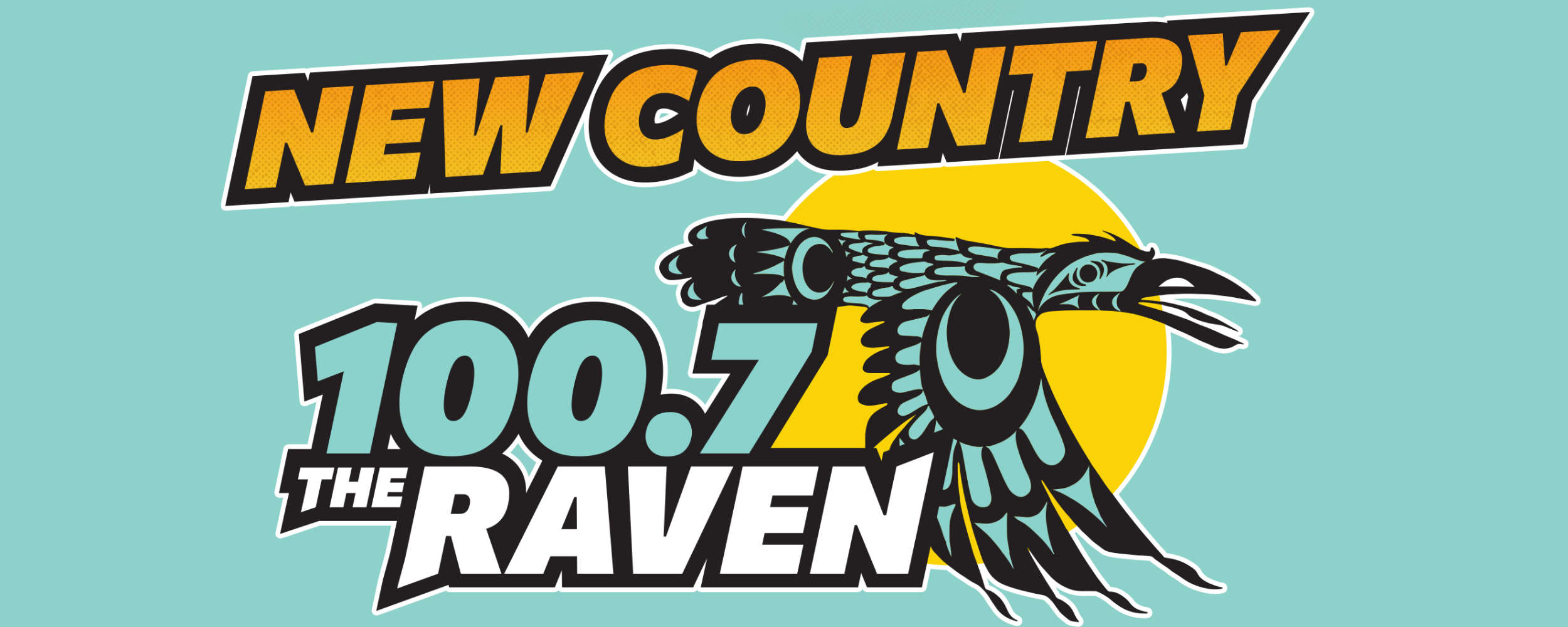
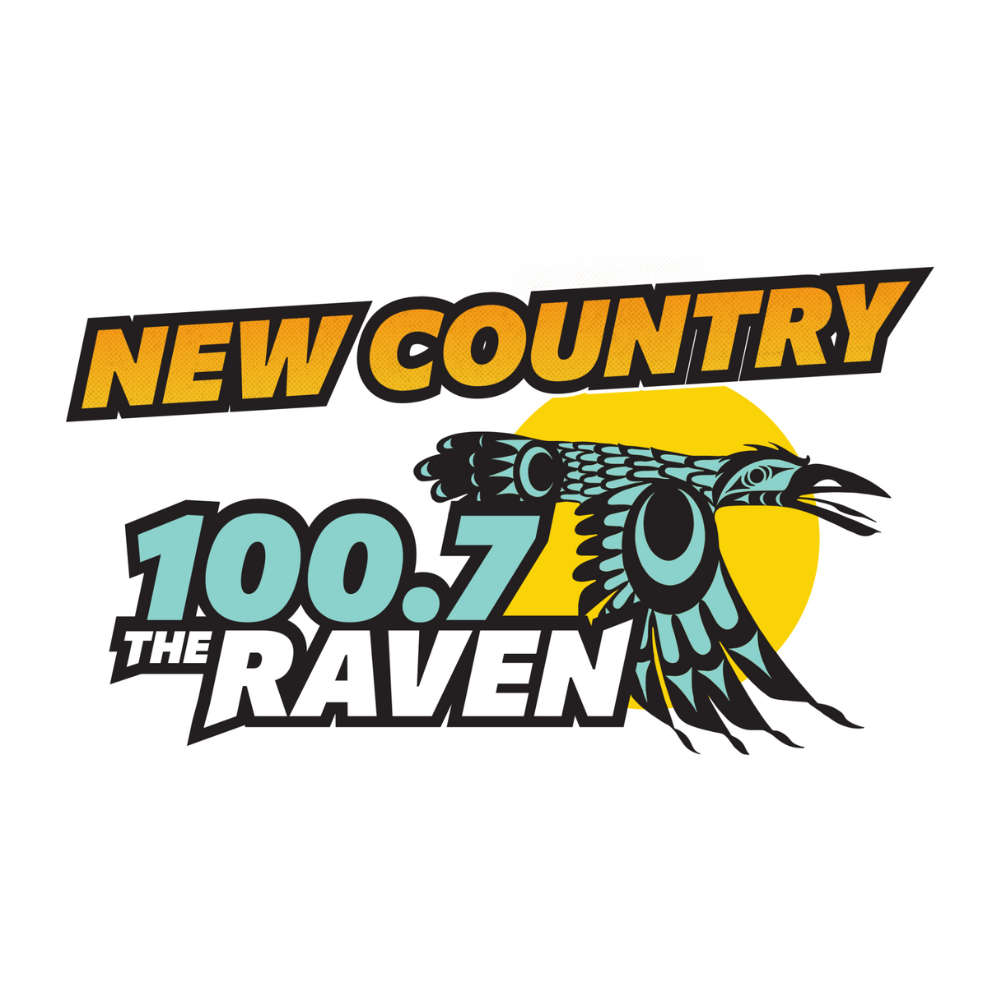
 Park-And-Fly Options Urged As Holiday Travel Picks Up
Park-And-Fly Options Urged As Holiday Travel Picks Up
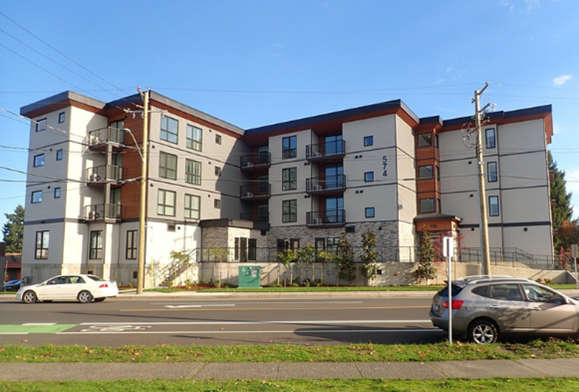 19 Wing Comox To Attain New Apartment Building For CAF Housing
19 Wing Comox To Attain New Apartment Building For CAF Housing
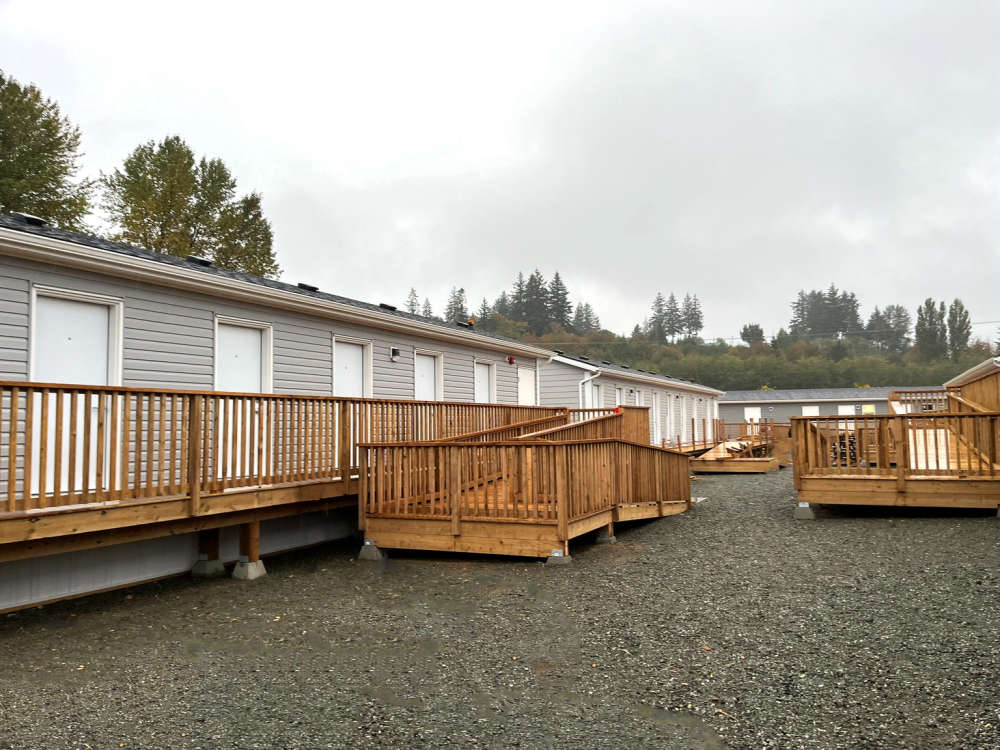 New Modular Units Expand Homewood Supportive Housing In Campbell River
New Modular Units Expand Homewood Supportive Housing In Campbell River
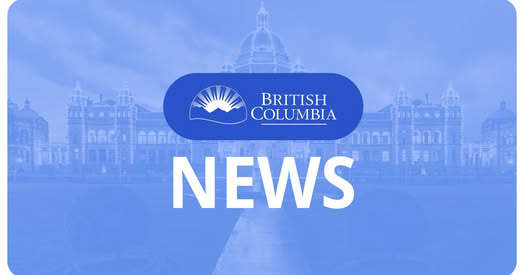 Speculation And Vacancy Tax Bringing More Homes To Market
Speculation And Vacancy Tax Bringing More Homes To Market
 Campbell River Shoebox Project Wraps Up Holiday Campaign
Campbell River Shoebox Project Wraps Up Holiday Campaign
